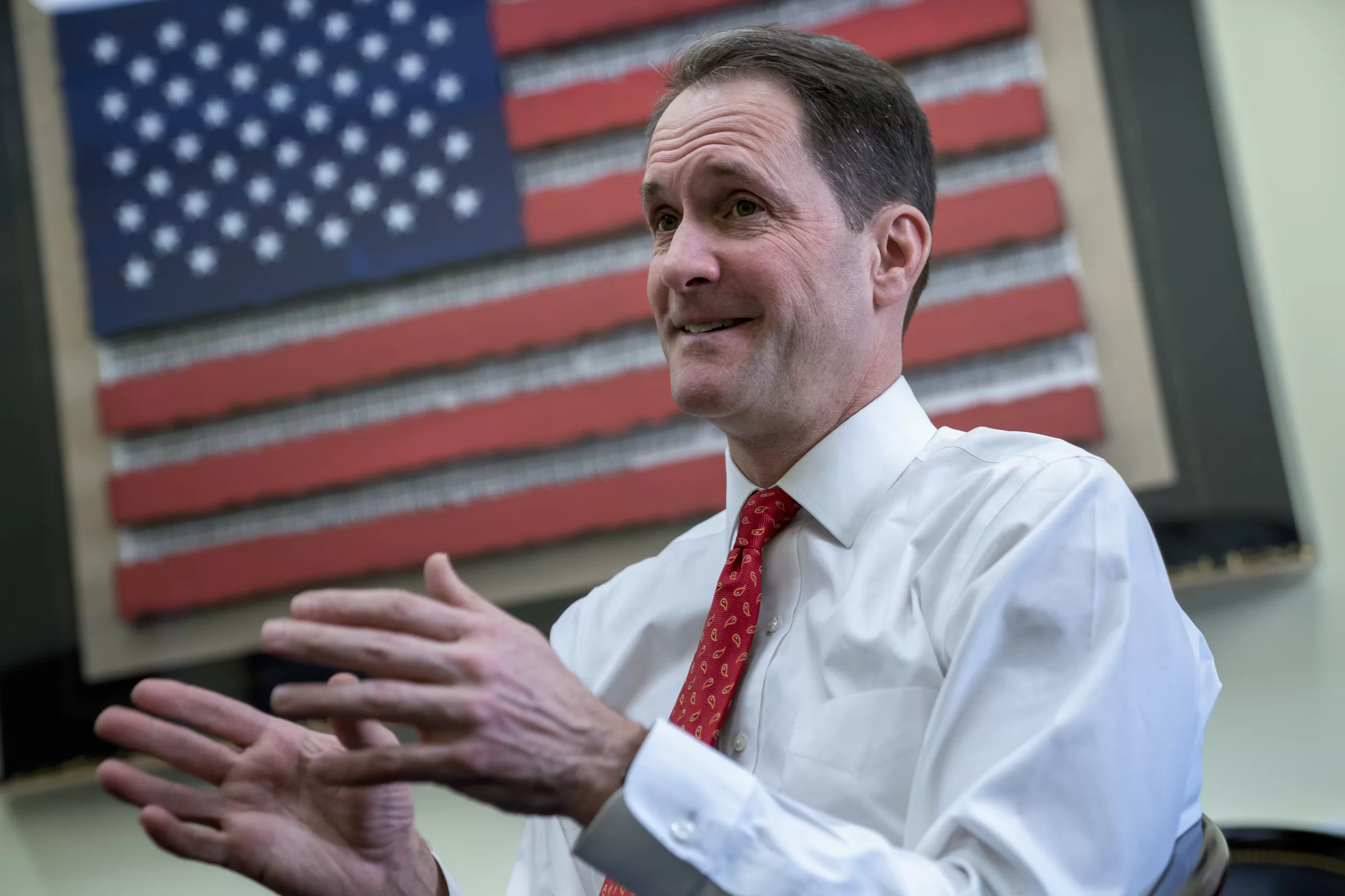
“Next week, we will take up and pass a clean, standalone Israel supplemental package,” Johnson wrote.
Part of the rationale for negotiating a foreign aid deal that includes changes to the immigration system is because Republicans in both the House
and Senate had been insisting that no foreign aid should be added without border reforms.
But now that a proposed deal is in the works, GOP presidential front-runner Donald Trump has argued against it, and at least some congressional Republicans have changed their tune. According to Himes, “before the wording of a bipartisan border deal was even available to anybody,” Johnson said the bill would be dead on arrival.
“I think what’s happening here is that the speaker is taking a move to get Israel aid done, which we all support, most of us support, I shouldn’t say all. But that will allow him to ultimately not do a border deal because there are Republicans, Mike Turner not amongst them, who would rather that problem be an issue in November and that it not be solved,” Himes said.
Turner also defended the border deal Sunday, saying, “I think that we really have four significant national security threats. We have Asia, we have Ukraine, we have Israel and what’s going on in the Middle East. And of course, we have our border. And right now we’ve been proceeding on negotiations on those four.”
“So I do think that all these are coupled,” Turner said.
“So as much as it is important for us to provide aid to Israel, this is the first step in getting aid to Israel at the expense of any aid to Ukraine and at the expense of a generational opportunity to actually get a border immigration deal done,” Himes said.
